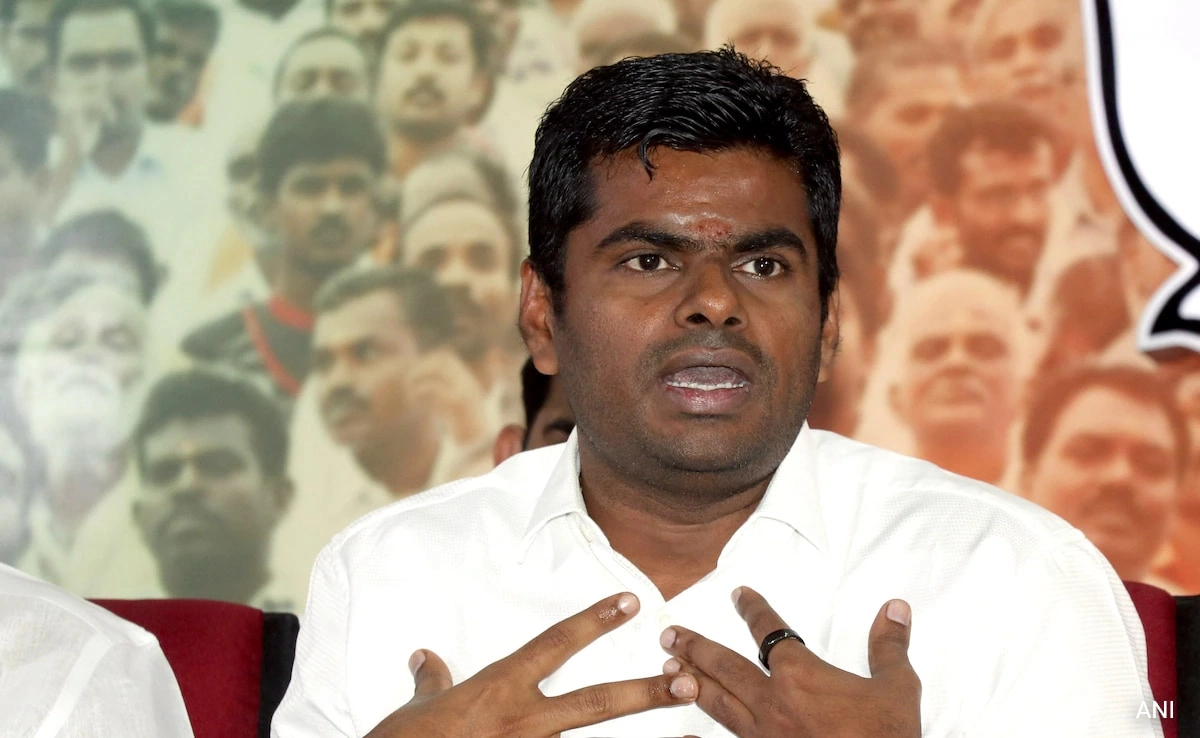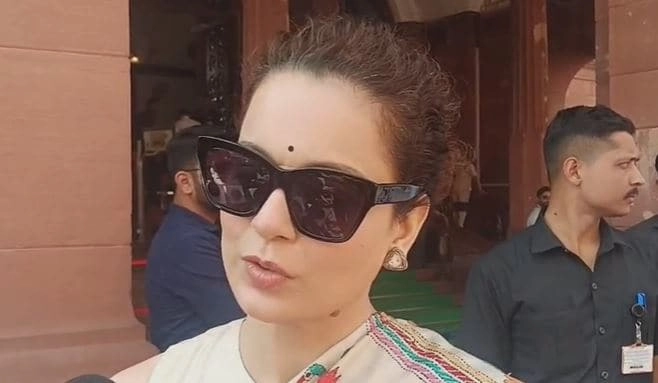In a dramatic turn of events, Mehul Choksi, the Indian businessman embroiled in a high-profile fraud case, made headlines with allegations of abduction. Choksi, who is wanted in India for his involvement in a multi-billion dollar banking scam, claimed he was forcefully taken from Antigua, where he had sought refuge, to neighboring Dominica. The circumstances surrounding his disappearance raised eyebrows, particularly with the emergence of a Hungarian woman who Choksi alleged was part of a ‘honeytrap’ scheme designed to lure him into a vulnerable position. This intertwining of romance and deception painted a complex narrative that captivated both media and the public.
Choksi’s assertions pointed to a calculated plot involving international intrigue. He alleged that the Hungarian woman, whom he claimed to have met in Antigua, played a pivotal role in his abduction. According to Choksi, she had initially charmed him, creating a facade of genuine interest, only to later betray his trust. This scenario not only highlighted the precarious nature of personal relationships but also underscored the lengths to which individuals might go in pursuit of their own agendas. The narrative of a ‘honeytrap’ is not new; it has been a recurring theme in espionage and criminal activities, suggesting that Choksi’s case could be part of a larger, more sinister web of deceit.
As the story unfolded, it captured the attention of law enforcement and media outlets around the world. Choksi’s legal team sought to leverage these allegations to bolster his defense, arguing that his abduction was a clear violation of his rights. Meanwhile, the authorities in Dominica and Antigua initiated investigations into the claims, aiming to untangle the web of allegations and ascertain the truth behind Choksi’s narrative. This situation not only reflects the complexities of international law but also raises questions about the interplay between personal relationships and criminal activities. The implications of such a case extend beyond Choksi himself, potentially impacting diplomatic relations and highlighting vulnerabilities in legal systems across borders.
In the court of public opinion, Choksi’s claims sparked debates about the nature of trust and betrayal, particularly in the context of high-stakes financial crimes. As the story continued to develop, it served as a cautionary tale about the dangers of misplaced trust and the potential for exploitation in both personal and professional spheres. The global audience remained fixated on the unfolding drama, eager to see how the legal proceedings would play out and what revelations might emerge in this intricate saga of crime, romance, and international intrigue. Ultimately, Choksi’s allegations not only reflect his individual plight but also serve as a mirror to broader societal issues surrounding trust, deception, and the murky waters of international finance.




